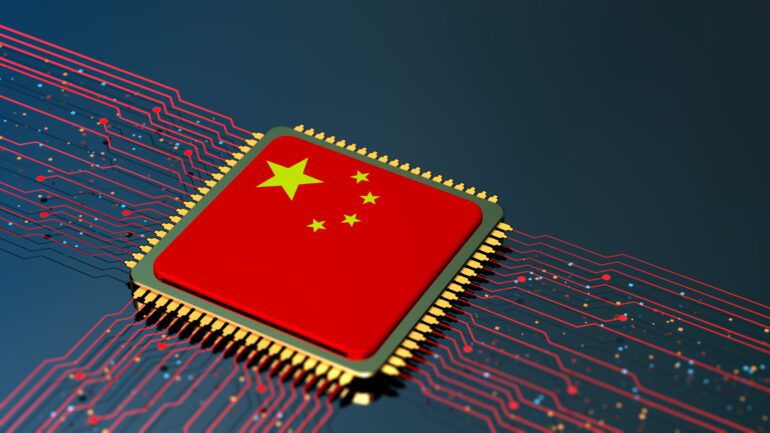TL;DR:
- Chinese officials, including President Xi Jinping, emphasize the need to protect national security and improve the governance of artificial intelligence (AI).
- Measures to tighten AI regulations are being discussed, with a focus on safeguarding political security and enhancing security governance of internet data and AI.
- China aims to take the lead in global AI development, recognizing the increasing national security challenges posed by rapid AI advancement.
- Previous actions include a mandate for reviews of generative AI services and workarounds to overcome US sanctions on access to Nvidia chips.
- The US government is also closely monitoring AI development, holding discussions on the impact of AI-powered surveillance on workers.
- President Joe Biden has urged tech companies to address the risks associated with AI, emphasizing the need for responsible practices.
- Industry leaders advocate for the establishment of “guardrails” to ensure responsible AI deployment.
Main AI News:
In a recent meeting, Chinese President Xi Jinping and key members of the Communist Party reiterated the significance of safeguarding national security and enhancing the governance of artificial intelligence (AI). As the rapid advancement of AI technology brings forth potential risks, Chinese officials have emphasized the need for stringent measures to protect the country’s interests.
During the meeting held on May 30, President Xi and other leaders expressed China’s determination to take the lead in the global race for cutting-edge AI development. In line with this ambition, local news outlet Xinhua News Agency reported that the discussion revolved around the necessity of dedicated efforts to protect political security and improve the security governance of internet data and AI.
President Xi acknowledged the escalating national security challenges faced by the country and stressed the urgency of establishing a new pattern of development supported by a robust security architecture. This recognition highlights the gravity of the situation and the imperative for China to respond effectively to emerging threats in the AI landscape.
It is noteworthy that Chinese authorities have previously taken steps to regulate AI development. In April, a mandate was announced requiring comprehensive reviews of all generative AI services before their release in the country. This proactive approach aims to ensure that AI technologies align with national interests and adhere to predefined regulations.
China’s pursuit of AI development is driven by its commitment to technological advancement. However, the nation has encountered obstacles due to United States sanctions limiting Chinese access to the latest Nvidia chips. In response, local developers have been exploring alternative solutions to mitigate the impact of these sanctions.
Meanwhile, other global powers, including the United States, are closely monitoring the trajectory of AI development. In Washington, DC, officials recently organized a listening session to gain insights into the impact of AI-powered surveillance on the workforce. US President Joe Biden has publicly called for tech companies to address the risks associated with AI, emphasizing the need for responsible and accountable AI practices.
Recognizing the potential ramifications of unregulated AI development, industry leaders have urged lawmakers to establish appropriate “guardrails” to ensure the responsible deployment of AI technologies. The collective effort of governments, regulatory bodies, and companies is essential to strike a balance between fostering AI innovation and safeguarding national interests and security.
Conclusion:
The emphasis on AI security by Chinese officials reflects their recognition of the potential risks posed by AI development to national security. This focus on governance and regulation demonstrates a commitment to responsible and secure AI practices. As China strives to lead in the global AI race, it is crucial for the market to understand the evolving regulatory landscape and adapt to the increasing importance of AI security measures. Industry players should stay informed about potential implications and opportunities arising from these developments, ensuring compliance with emerging regulations and actively engaging in responsible AI practices to maintain a competitive edge.

